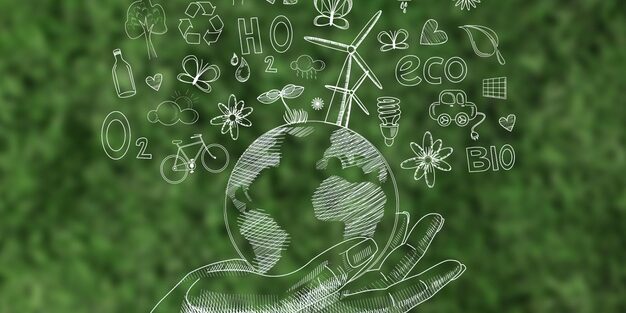It is that time of an era where catastrophes around the world are widespread. Covid-19 has already caused unbearable damage to global economies while the threat still looms around. The impact on volatile economies give rise to poverty and similar scenarios where most developing countries will have to face in the long run. It is in such a background that the need to focus more on Sustainable Development Goals (SDGs) or in more laymen words, the need to support the human beings by themselves is felt like never before. Thinking of world’s struggles, reminds the poverty-stricken families around the world who will be the worst affected from one of the greatest challenges to have ever undergone by humans. Each and every industry is facing some sort of a struggle while some industries such as tourism and aviation have come to a standstill, resulting in job losses to hundreds and thousands of people.
The need to end poverty, hunger and ensure healthy lives
Poverty has long been a critical concern for the entire world. It only got aggravated with the pandemic and its aftermaths such as job losses. It is reported that up to 115 million people worldwide will fall into extreme poverty this year due to the pandemic. Zero hunger is another SDG which needs to be prioritized while most developing countries are grappling with economic challenges. It is time for a profound change in global food supply and agriculture system, before more people are affected by hunger. Above all, strengthening the health care sector has topped the priorities of countries around the world.
The need to focus on combating climate action, life on land, life below water
Making matters worse, climate change has become the new headache for the world with the sudden change in weather patterns, increase in floods, cyclones, earthquakes, etc. Recent natural disasters have become detrimental for human existence. While some of the disasters are man-made, some others have a direct or indirect effect of human action. We have seen a plethora of lectures, awareness campaigns, and discussions on this critical topic, but a positive change seems far away. The call is for a shift in human action and an attitudinal change, which is the responsibility of all of us as the Earth does not belong to human beings, only human beings belong to the earth.
Can SDGs be achieved on time – 2030?
If there was any delay in achieving the goals, the Covid pandemic has extended it by some stretch. When it comes to poverty, UNDP’s pre projections have shown that about 6% of the world’s population or about 470 million people will still be in extreme poverty even after 2030. But in a recent report in December 2020, UNDP has projected that an additional 207 million people would fall into extreme poverty, and that is prior to the rise in new Covid waves in Europe and India. The UN reports suggest that about 1.25 billion students have affected by lockdowns, while most of them have limited or no access to online learning, which is another concern. Attaining productive employment and decent work for all is another SDG, which seems to take more time to attain.
After all, is there any silver lining?
It is obvious that these are challenging times for the entire human kind. The only way out is to help the humans by humans themselves. Providing funding and assistance to poor countries out of any ulterior motive is the need of the hour. Countries like China have come to the aid of Sri Lanka, which is indeed applaudable. India has donated millions of vaccines to poorer countries, before it was hit by the biggest Covid wave. Would there be any apt time like this, for the entire world to stand for themselves and join hands to achieve these goals on time?



